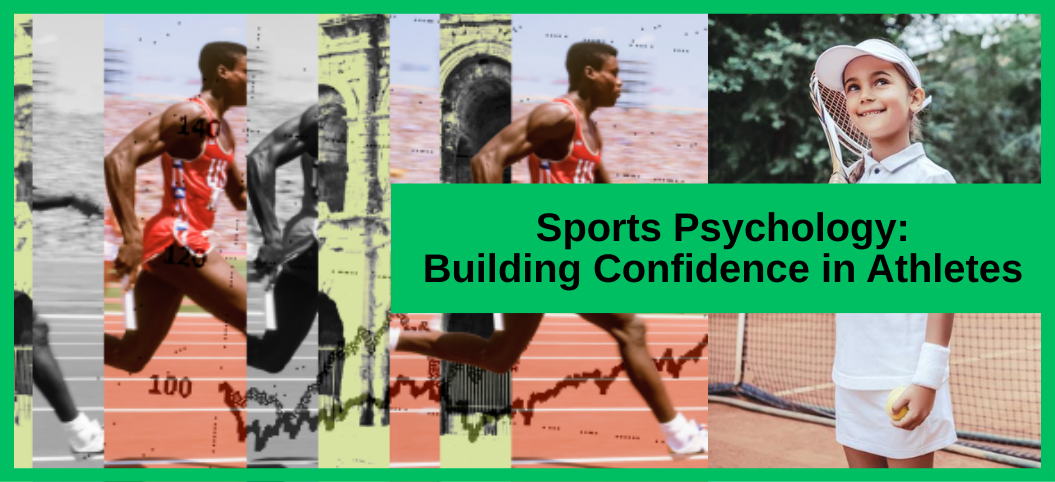
Sports Psychology: Building Confidence in Athletes
19-August-2025
Sports Medicine Team
Performance isn’t only about muscles—it’s about mindset. Whether you’re an aspiring Bangalore athlete, a coach, or a parent, understanding and developing mental strength unlocks levels of play and wellbeing physical training alone can’t reach.
The Pillars of Athletic Confidence
Goal Setting: SMART, achievable goals focus effort and reinforce incremental wins—fueling motivation.
Self-Talk and Imagery: Positive self-talk, visualization, and pre-competition routines reduce anxiety and boost focus when stakes are high.
Resilience to Setbacks: Athletes learn to reframe losses and injuries as learning opportunities—not threats—which empowers long-term growth.
Practical Tools Employed in Sports Psychology
Journaling: Recording thoughts, triggers, and successes helps track mental barriers and progress.
Mindfulness Training: Meditation and present-moment exercises lower stress hormones and sharpen concentration—even under pressure.
Collaboration: Coaches, families, and therapists work together to support consistent, confidence-building messaging.
Integrating Sports Psychology into Rehab and Return
Rebuilding Trust in Your Body: Mental skills help athletes facing long rehab visualize successful return, address fears, and stay engaged in the process.
Performance Under Stress: Practice coping strategies during training (not just in competitions) prepares athletes for real-world challenges.
Mental strength is trainable. The right support makes you not just a better player, but a happier, more resilient competitor. For psychological skills workshops, one-on-one training, or integrated support, connect with the sports psychologists at 5 Sports Health. Dr. Pooja Jhade, with her expertise in rehabilitation and mental resilience, can help guide you on your journey to peak mental and physical performance. Put your mind—and your game—in expert hands!
